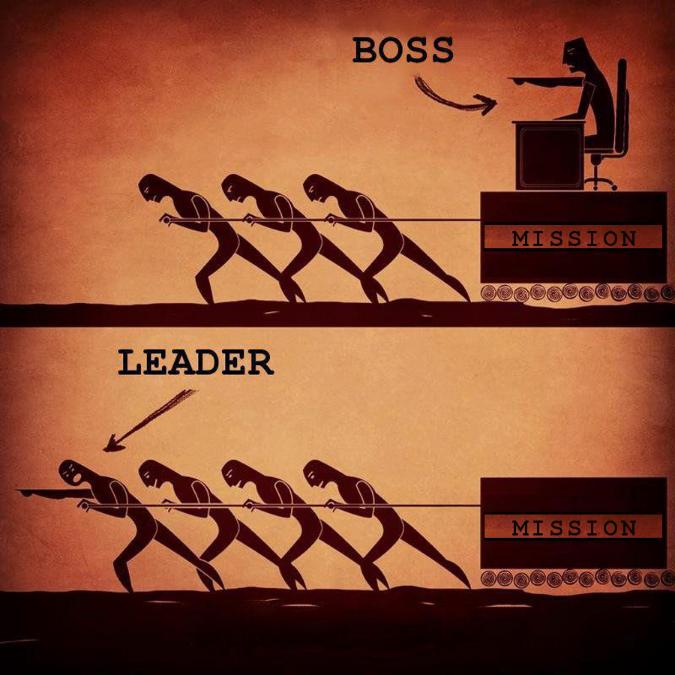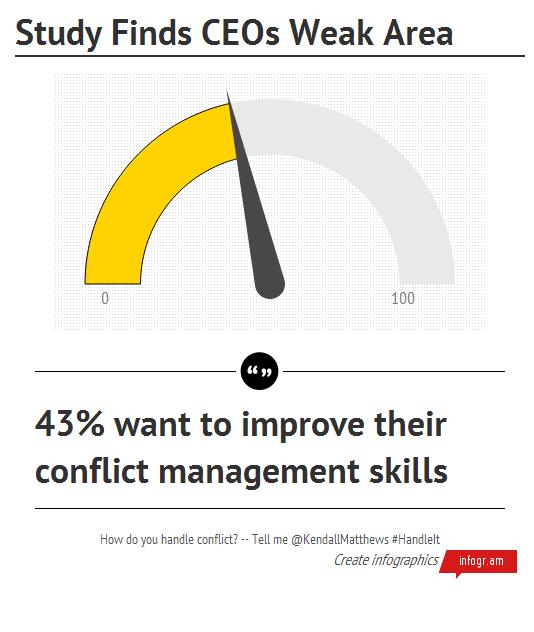It’s tough to watch.
You’ve seen them as you walk to your cubicle. These leaders sit by themselves in their over-sized corner offices. Talking on the phone, listening to Johnny Cash in an executive Folsom Prison.
No wonder why they are so lonely.
Is it because they are always charging ahead? Or is it because they are on top looking down?
At AppointmentPlus, we have an employee training program called “AP MBA.” Our founder and CEO, Bob La Loggia, kicked off the program with a discussion on leadership.
I overheard him ask team members, “What are some of the characteristic leadership traits?”
Most employees stated the usual suspects:
- Charismatic
- Visionary
- Innovative, etc.
As I sat on a couch, eating Skittles and doing market research, I decided to find out what academic researchers had to say about leadership traits.
The results were shocking.
According to academic research, many leaders are guilt-ridden and gluttons for conflict, but have less stress.
1) They Exhibit Guilt-Ridden Leadership Traits
Take Wil Reynolds of Seer Interactive, for example. In 2002, he started a one-person search-marketing firm in Philadelphia. As the years went by, top-line growth covered poor financial decisions.
He started to feel guilty that his “loose management” style was hindering company growth. Being responsible for over 70 employees, 2 offices, and 4 divisions became even more complex.
“Maybe I am a great CEO up to a certain size,” said Reynolds. “I think I would have been fine if we stayed under 30 employees.”
Instead of being prideful, he chose to be the leader his employees needed. He gave a more than capable employee, Crystal O’Neill, the role of CEO. This allowed him to focus on his passion and join the search marketing division.
Kendall’s Insight: Leaders should be transparent about their concerns, but to a certain point. Don’t be such an open book that your employees start to lose confidence in you, yet make sure to keep your team informed of changes in direction.
2) Leaders Are Gluttons for Conflict
According to a Stanford study, 43% of CEOs rated conflict management as their biggest area for personal development improvement.
To be a great leader, sometimes you need to put down the cheerleading pom-poms. Then pick up the conflict smashing Boilermaker sledgehammer and nip conflict in the bud. Being a decisive, fair leader means you can and will handle inter-departmental issues, vendor re-negotiations, and conflicting board member agendas. The buck stops with you.
If you don’t like conflict and prefer that everybody just get along, don’t even bother becoming a leader or an NBA Commissioner.
Kendall’s Insight: Leaders should work with an executive coach or a consulting firm to practice responses in a safe training environment. Managing conflict is not for the faint of heart, so it’s best to be prepared.
3) Leaders Have Less Stress and More Success
As Johnny Cash once said, “Success is to worry about every damn thing in the world, except money.”
But studies now show that if you lead, you will have less stress. It might seem counter-intuitive, but it’s true.
Did you hear what LinkedIn CEO Jeff Weiner said in a recent Inside Bloomberg interview?
“The majority of my day I focus on creating strategies and coaching team members.”
Leaders have to think about the big picture and long-term goals. Creating winning strategies is instrumental to your success. Empowering employees allows them to shine and frees you from micromanaging minutiae, thereby reducing stress.
Do you picture yourself sitting on a comfy lounge couch thinking of ways to dominate the world? Or would you rather be in Excel Spreadsheet Prison in a cubicle?
Many of human beings will never be in leadership positions.
But there will be a time in your career when opportunity will come and ask, “Are you ready?”
Armed with this research, what you need to do now is prepare yourself.
- Ask a company founder how they dealt mentally with ups-and-downs of starting up a company.
- Ask an operations executive how they fine-tuned their management of conflict resolution.
- Ask a sales director how they personally created a work-life balance.
Notes:
- Johnny Cash, “Folsom Prison,” available at https://www.youtube.com/watch?v=4T7sU3A2m18
- Image Credit: http://modernservantleader.com/servant-leadership/bad-boss-vs-good-leader-image/
- Wil Reynolds, “A Lil’ Help?” available at http://www.seerinteractive.com/blog/lil-help-time-for-seer-to-get-an-executive-hand-up
- Stanford University, “Why Feelings of Guilt May Signal Leadership Potential,” available at http://www.gsb.stanford.edu/news/research/leadership-guilt-flynn.html
- Stanford University, “2013 Executive Coaching Survey,” available at http://www.gsb.stanford.edu/cldr/research/surveys/coaching.html
- CBS, “NBA & Commissioner Showing Great Leadership,” available at http://washington.cbslocal.com/2014/04/29/rgiii-congrats-to-nba-and-commissioner-silver-showing-great-leadership/
- Harvard University, “Leadership is Associated with Lower Stress,” available at http://m.pnas.org/content/early/2012/09/19/1207042109.abstract
>>NOW IT’S YOUR TURN TO DISCUSS LEADERSHIP TRAITS<<
Did you enjoy this article? Any favorite parts, or things missing? Do you have your own tips about leadership and work/life balance?
Please let me know in the comments! I’ll be reading them all.



